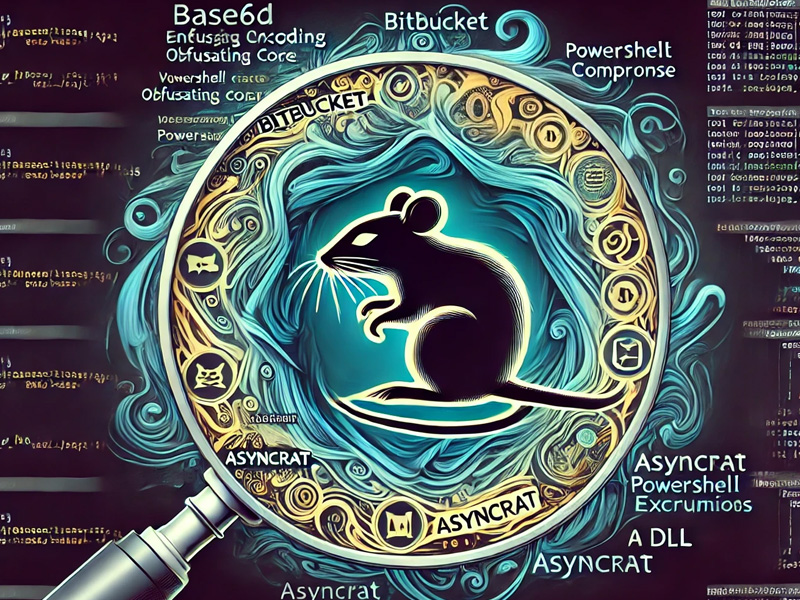Exploits
Exploits 

01/15/2013
Happy New Malware Year
Exploits 

12/09/2012
Make updates! Restart your computer!
Exploits 

09/24/2012
IE 0-Day exploit found "in the wild"
1
 Writing Signatures for .NET Malware
Writing Signatures for .NET Malware2
 Unboxing Anubis: Exploring the Stealthy Tactics of FIN7's Latest Backdoor
Unboxing Anubis: Exploring the Stealthy Tactics of FIN7's Latest Backdoor3
 Smoked out - Emmenhtal spreads SmokeLoader malware
Smoked out - Emmenhtal spreads SmokeLoader malware4
 Unveiling AsyncRAT
Unveiling AsyncRAT5
 Exploring GenAI in Cybersecurity: Gemini for Malware Analysis
Exploring GenAI in Cybersecurity: Gemini for Malware Analysis6
 BBTok Targeting Brazil: Deobfuscating the .NET Loader with dnlib and PowerShell
BBTok Targeting Brazil: Deobfuscating the .NET Loader with dnlib and PowerShell7
 A Kernel Land Rootkit Loader for FK_Undead
A Kernel Land Rootkit Loader for FK_Undead

